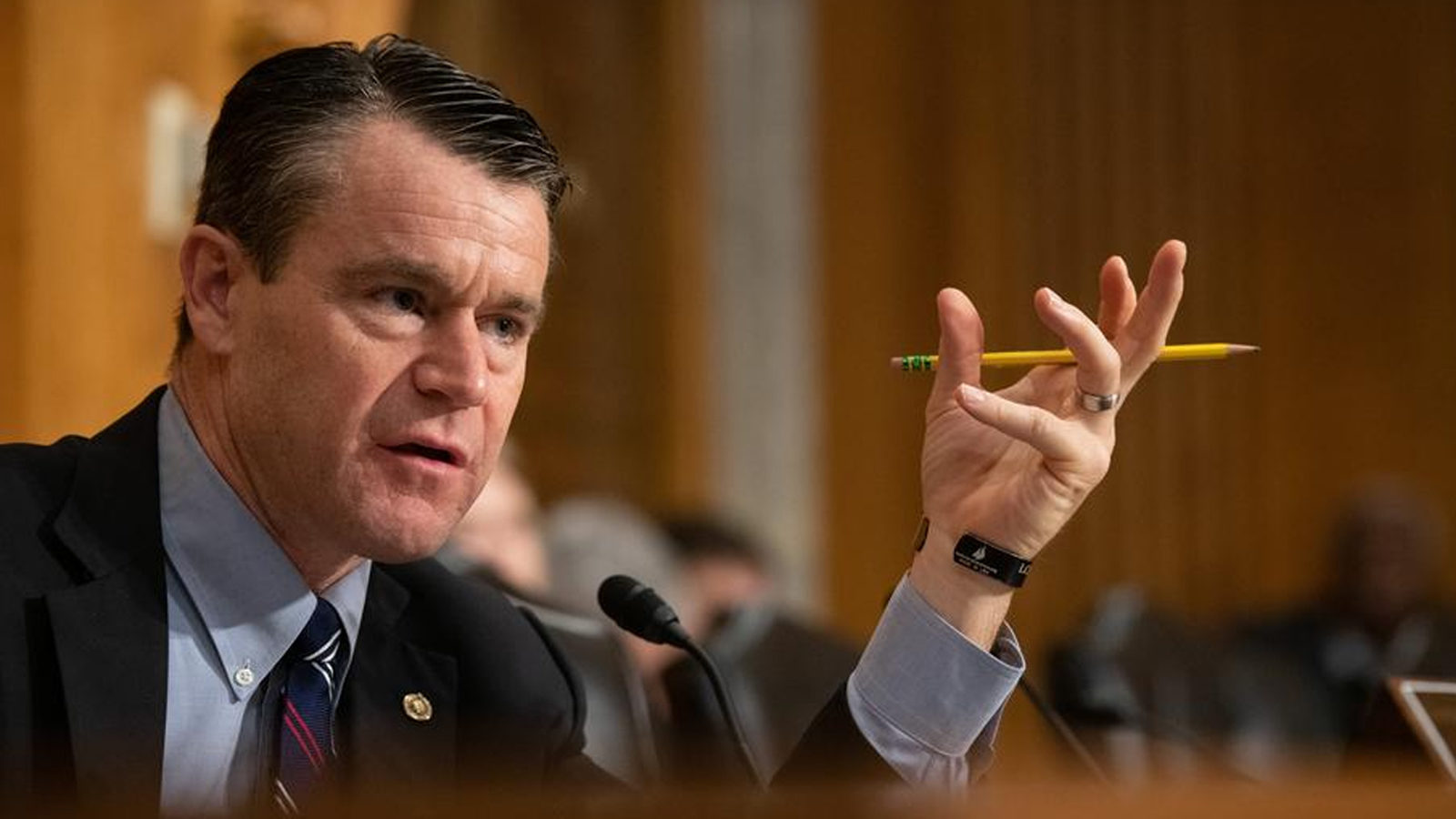Wednesday, during a Senate Foreign Relations Committee hearing, Senator Todd Young (R-Ind.) pressed the U.S. Department of State’s Special Envoy for Iran, Robert Malley, about Iran hiding its prior nuclear work from the International Atomic Energy Agency (IAEA).
Young said Iran’s evasion of the IAEA makes the Joint Comprehensive Plan of Action’s (JCPOA) existing inspection mechanisms insufficient and asked why the Biden administration has been trying to re-enter the ineffective JCPOA.
Earlier today, the Wall Street Journal reported that Iran “secured access to secret United Nations atomic agency reports almost two decades ago and circulated the documents among top officials who prepared cover stories and falsified a record to conceal suspected past work on nuclear weapons.”
During the hearing, Young had the following interaction with Malley:
“The Wall Street Journal today released a piece, ‘Iran Used Secret U.N. Records to Evade Nuclear Probes.’ So we’re learning more about the extent of noncompliance by the leaders in Iran. The Journal says that Iran’s been stonewalling IAEA investigations. Iran wants the IAEA’s, the nuclear inspector, continuing investigations of their past nuclear weapons work closed before a deal is restored. Yet the agency has blessedly pushed back, indicating that they can’t close these inspections because they don’t have enough clarity on Iran’s past nuclear work. All this is incredibly troubling, as IAEA Director General Rafael Mariano Grossi told the European Parliament earlier this month, ‘Iran has not been forthcoming in the kind of information we need from them.’ So, Mr. Malley, were you aware of these efforts by Iran to hide its prior nuclear work from the IAEA?” asked Senator Young.
“Senator, did Iran lie? Of course. Did did Iran have a covert nuclear program? Absolutely. That’s the reason why prior administrations imposed such crushing sanctions on Iran,” responded Malley.
To watch Senator Young’s full remarks during the hearing, click here.










